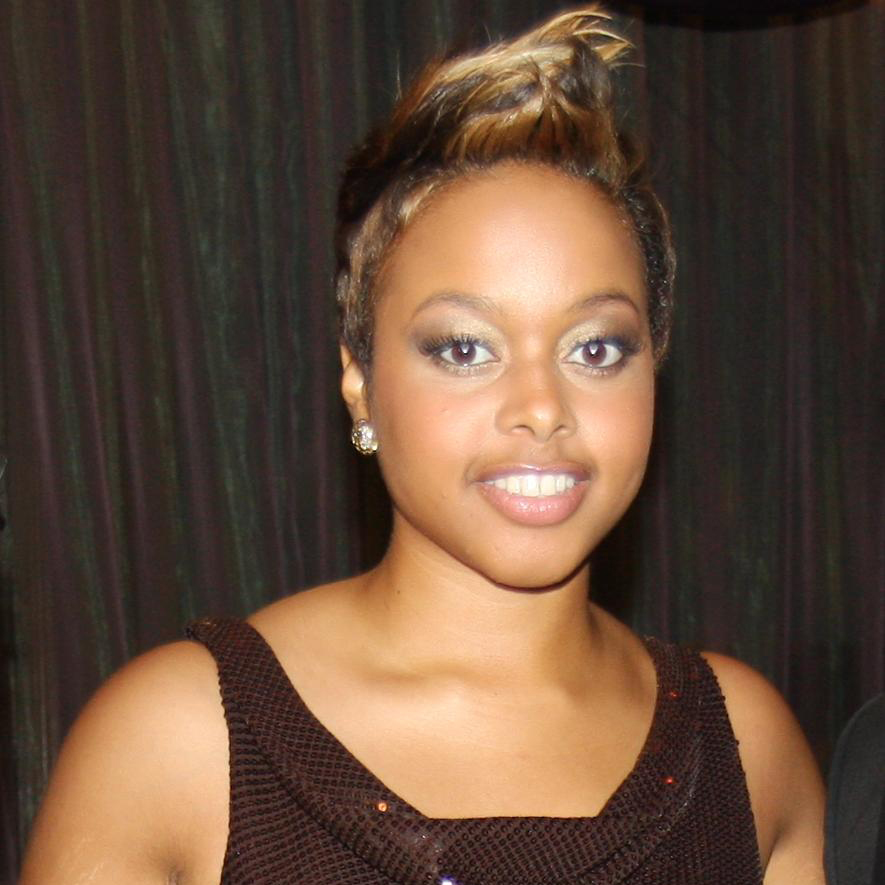At Spectrum Astrolabe, we know that Juneteenth is more than a day off or a history lesson. It’s a celebration of Black freedom, resilience, and the ongoing journey toward justice. For those of us in the neurodiversity community, Juneteenth also opens the door to conversations about intersectionality, inclusion, and the unique stories of Black autistic individuals and families. Today, we’re highlighting real stories and voices that bring depth and nuance to this intersection. These are stories that don’t always make headlines, but absolutely deserve the spotlight.
Black Dads Step Forward and Reshape the Narrative
For a long time, Black fathers of autistic children were nearly invisible in national conversations about autism. That’s changing, thanks to men like Tyrone Green and Evan Polk. Green, who once felt totally alone after his son’s diagnosis, found connection in a support group and later helped launch the podcast AutisHIM. “My wife couldn’t understand what I was going through as a Black father, all these hopes and dreams I had for my kid,” Green shared with CBS News. “She didn’t feel the same way.” Now, through podcasts and community groups, Black dads are not just supporting their kids. They’re supporting each other, breaking isolation, and challenging outdated stereotypes about Black fatherhood and autism.
Evan Polk, founder of AuSome Kicks, described how his parenting style changed after his daughter’s diagnosis. “I became a helicopter dad,” he admitted. Over time, he learned to let go and teach his family patience and understanding. These dads are showing up, speaking out, and reminding everyone that Black fathers are not just present. They’re leading the way.
Academic Excellence, Redefined and Reclaimed
Jason Arday’s story is a powerful reminder that success doesn’t always follow a straight line. Diagnosed with autism and global developmental delay at age three, Arday didn’t speak until he was 11 or read until 18. Today, he’s the youngest Black professor at Cambridge University. “Not many teachers at school had any belief in me,” Arday told CBS News. “But my mother never spoke of me being disadvantaged in any way.” He credits his family’s support and his own perspective for his achievements, saying, “If I managed to achieve anything in my life, it’s really because of the amazing people I had around me.” His journey challenges narrow ideas of Black excellence and shows how embracing neurodiversity can help us redefine what achievement truly means.
Community Celebrations and Personal Milestones
Juneteenth is a day of cookouts, music, and storytelling. In Houston, a teacher named Ms. Carter developed an inclusive Juneteenth curriculum with visual supports and sensory-friendly crafts, making sure every student, including those with autism, could join in the celebration. “We want every child to feel seen and valued during Juneteenth,” she explained during a recent workshop.
On Reddit, one young autistic person shared, “I chose not to attend school to observe this holiday.” It’s a small act, but it speaks volumes about agency and self-advocacy. These are two things that often get overlooked in broader conversations about both autism and Black identity.
Honoring the Resilience of Disabled Black Americans
Juneteenth’s history is layered, and not every story is easy to tell. Many enslaved people with disabilities, including those who may have been autistic, were left behind even after the Emancipation Proclamation. Historian Dr. Jim Downs wrote, “Much of the discussion about slavery and emancipation is concentrated on the lives of able-bodied people and their labor. Finding firsthand accounts of disabled, enslaved African Americans proves to be a daunting task, but it is evident that many were unable to leave forced labor camps after the Civil War ended and remained within the institution of slavery.” Remembering these stories helps us understand that true liberation means removing barriers for everyone, not just the majority.
Redefining Black Excellence and Inclusion
The concept of Black excellence has often focused on extraordinary achievements, but as one advocate put it, “We must celebrate diversity and embrace all individuals regardless of ability or neurodiversity.” That means shifting the spotlight to everyday victories, community support, and the unique strengths that autistic individuals bring to the table. As Elaine Hall, a neurodiversity advocate, said, “It takes a village to raise a child. It takes a child with autism to raise the consciousness of the village.”
Looking Forward With Hope and Solidarity
Juneteenth is a reminder that liberation is a journey, not a destination. For Black autistic individuals and their families, that journey includes both celebration and ongoing advocacy. As we gather for cookouts, parades, or quiet moments of reflection, let’s remember the importance of making space for every story. As Dr. Berry Pierre, co-founder of Autism in Black, put it, “The dads are there, they’re attentive. And even with this diagnosis, they’re going even harder.”
If you’re marking Juneteenth this year, know that your voice and your presence matter. Whether you’re sharing your story, uplifting someone else’s, or simply taking a moment to reflect, you’re part of a movement that’s bigger than any one person. That’s something worth celebrating.
Citations
- CBS News. (2023, June 18). Black fathers of children with autism step forward to reshape the narrative. https://www.cbsnews.com/news/black-fathers-of-children-with-autism-step-forward-to-reshape-the-narrative/
- CBS News. (2023, March 14). Jason Arday becomes youngest Black professor at Cambridge University. https://www.cbsnews.com/news/jason-arday-youngest-black-professor-cambridge-university/
- Autism Society. (2024). Juneteenth Social Story. https://autismsociety.org/juneteenth-social-story/
- Reddit. (2023). Juneteenth and autism: Personal reflections. https://www.reddit.com/r/Autism/comments/148z3e4/juneteenth/
- Downs, J. (2012). Sick from Freedom: African-American Illness and Suffering during the Civil War and Reconstruction. Oxford University Press.
- Hall, E. (2021). Neurodiversity advocacy and community. https://www.inclusionmatters.org/elaine-hall-interview/
- Autism in Black. (2023). Dr. Berry Pierre on Black fatherhood and autism. https://www.autisminblack.org/black-fatherhood-autism/
- Houston Chronicle. (2022, June 19). Houston teacher creates inclusive Juneteenth curriculum. https://www.houstonchronicle.com/news/houston-texas/education/article/Juneteenth-curriculum-autism-17244813.php










